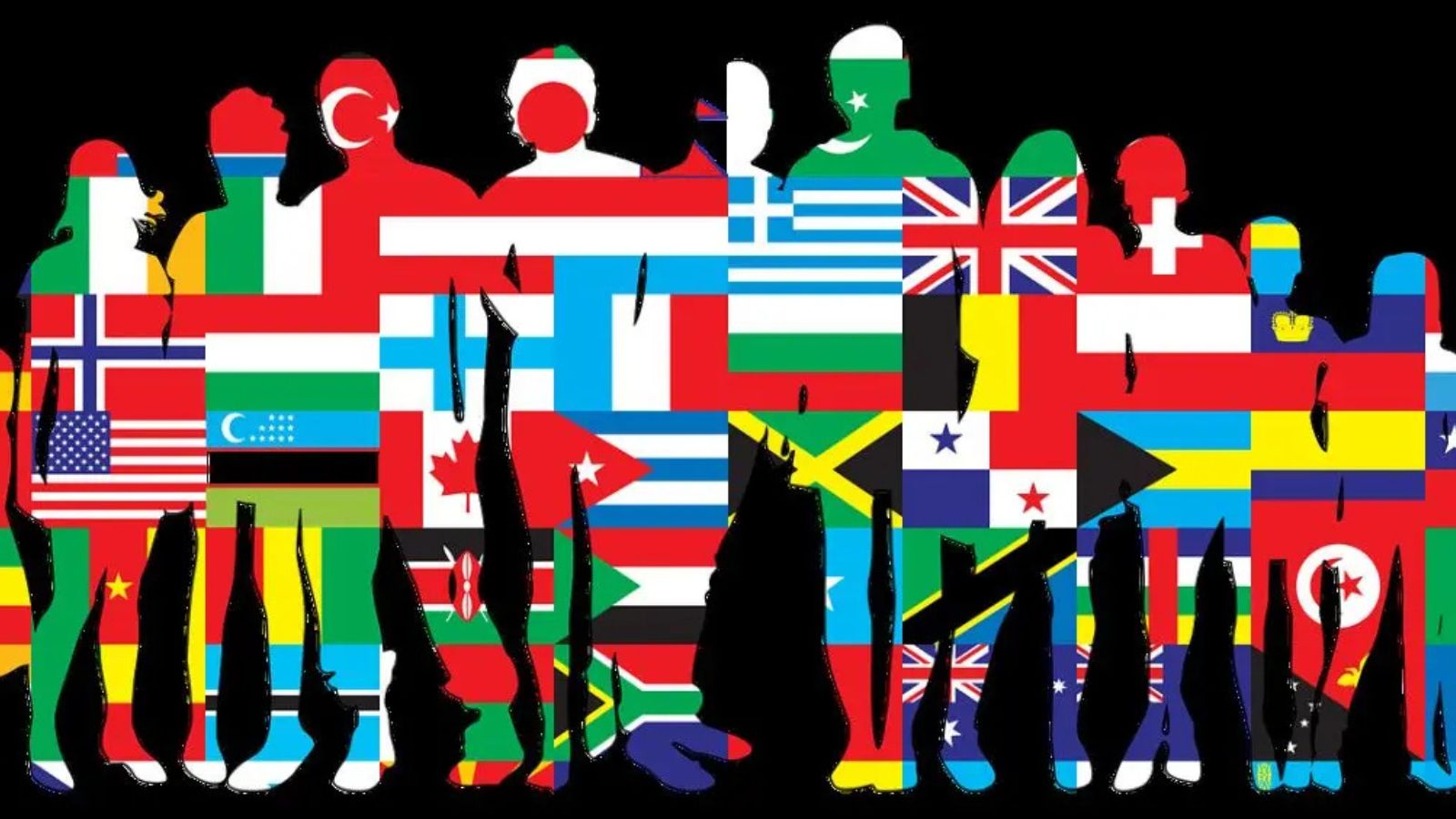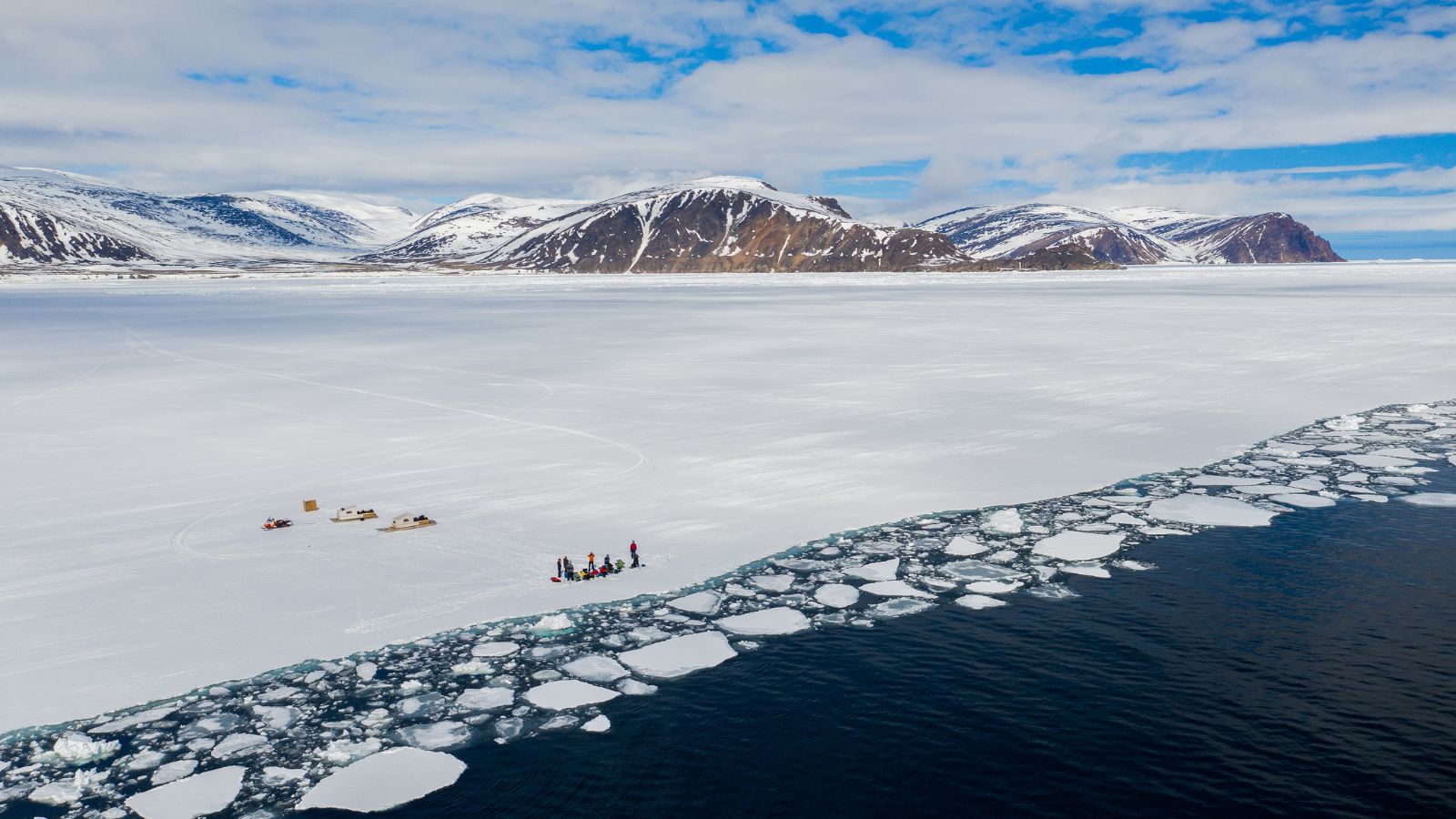Canada is quietly shaping the world through its culture, values, and ideas. From inclusive laws to global music icons, Canada’s influence is growing across industries and communities. Its approach to diversity, equality, and innovation is gaining international attention. Countries are now looking at Canada as a model for building stronger, fairer societies. Here are 19 ways Canadian culture is setting global trends.
Promoting Multiculturalism as a Core Identity

Canada actively supports multiculturalism through national policies, education, and public celebrations. The country welcomes people from various cultures and encourages them to maintain their languages, customs, and traditions. Cities like Toronto and Vancouver reflect this diversity in everyday life, from food to festivals. Canada’s approach is being studied and adopted in countries trying to balance diversity with unity. Multiculturalism is not just encouraged—it’s written into the Canadian Multiculturalism Act. This model promotes respect, social inclusion, and shared citizenship.
Exporting Indigenous Art and Storytelling

Canada is helping bring Indigenous voices to the world stage through art, literature, and digital storytelling. Indigenous creators are gaining global recognition for their films, books, and visual art. Artists like Kent Monkman and writers such as Eden Robinson are sharing powerful stories rooted in Indigenous experience. Museums and galleries now feature First Nations, Inuit, and Métis works with proper recognition and context. Government programs and arts councils are funding Indigenous-led projects. These efforts are influencing how other countries preserve and promote native cultures.
Leading in Gender-Inclusive Policies

Canada is becoming a global example for gender inclusivity in policy and practice. The country has introduced gender-neutral identification options on passports and government documents. Canadian workplaces are updating policies to support gender diversity, including all-gender washrooms and inclusive hiring practices. Public institutions are adopting training and awareness programs to reduce discrimination. Politicians and public figures openly advocate for trans and non-binary rights. The Canadian Human Rights Act includes gender identity and expression as protected grounds.
Influencing Global Music Through Canadian Artists

Canadian musicians continue shaping global music charts across genres. Artists like Drake, The Weeknd, and Justin Bieber have topped international charts and built massive fan bases. These performers bring a unique blend of styles influenced by Canada’s multicultural background. Government programs like FACTOR fund emerging talent, helping new voices enter the global music scene. Canada also hosts major music festivals that attract global audiences. Canadian producers, songwriters, and directors are shaping how music videos and live performances are created.
Shaping Fashion Through Sustainable Design

Canadian fashion designers are leading in ethical and eco-conscious clothing. Brands like Tentree, Frank And Oak, and Kotn focus on using sustainable materials, fair labour, and low-impact manufacturing. This approach is gaining global attention as consumers demand more responsibility in fashion. Toronto and Montreal fashion weeks feature designers who prioritise environmental and social responsibility. Canadian policies also support sustainability through funding and business incentives. Influencers and stylists are promoting slow fashion, second-hand shopping, and locally made clothing.
Pioneering Inclusive Film and Television Content

Canada is producing film and television that reflects real diversity in stories and casting. Shows like Kim’s Convenience, Sort Of, and Anne with an E present characters from different cultural backgrounds, gender identities, and life experiences. Public broadcasters like CBC actively support inclusive storytelling through funding and production guidance. Filmmakers are collaborating with Indigenous communities and underrepresented groups to ensure authentic narratives. Canada’s screen content is winning global awards and streaming worldwide. With strong support from arts councils and tax incentives, the country is shaping a film industry that celebrates inclusion.
Supporting Public Healthcare as a Model

Canada’s publicly funded healthcare system offers essential medical services to residents without direct charges at the point of care. This model, known as Medicare, is admired by countries exploring affordable healthcare options. Each province manages its own system under national guidelines, ensuring consistent coverage across the country. The focus is on preventive care and universal access. While not perfect, Canada’s healthcare approach reduces inequality and strengthens overall public health. Nations around the world often cite Canada as a leading example in health policy discussions.
Advancing LGBTQ+ Rights and Visibility

Canada is a global leader in LGBTQ+ rights, offering legal protections and equal access across many areas of life. Same-sex marriage has been legal nationwide since 2005. The Canadian Human Rights Act includes gender identity and expression as protected grounds. Pride events in cities like Toronto, Vancouver, and Montreal attract global attention and support. Public institutions promote inclusive education, healthcare, and workplace environments. Media and arts highlight LGBTQ+ voices through film, literature, and public campaigns.
Boosting Ice Hockey’s Popularity Worldwide

Ice hockey is deeply rooted in Canadian culture, but its influence is now global. The National Hockey League (NHL), with several Canadian teams, attracts fans from Europe, Asia, and beyond. Canadian players often lead in international tournaments and inspire young athletes worldwide. Hockey Canada also supports development programs in other countries, helping spread the sport. Major events like the IIHF World Juniors bring international attention to Canadian hockey. Training techniques, coaching methods, and grassroots programs developed in Canada are now used globally.
Making Poutine and Canadian Cuisine Global

Poutine, a simple dish of fries, cheese curds, and gravy, has become a global food trend thanks to Canada’s cultural exports. Canadian cuisine, once overlooked, is gaining attention for its regional ingredients and Indigenous influences. Chefs across Canada are blending traditional techniques with modern flavours, showcasing the country’s culinary identity. Restaurants in cities like Montreal, Toronto, and Vancouver are receiving global acclaim. Dishes like butter tarts, bannock, and tourtière are appearing on international menus. Food festivals and culinary tourism are also spreading Canadian flavours abroad.
Encouraging Environmental Awareness and Green Living

Canada is promoting green living through policy, innovation, and public engagement. The government has invested in clean energy, electric vehicles, and sustainable infrastructure. Cities like Vancouver aim to become carbon neutral by 2050. Canadian companies are developing green technologies, from biodegradable packaging to renewable energy solutions. Public awareness campaigns focus on reducing waste, conserving water, and protecting natural spaces. Schools include environmental education as part of the core curriculum. Recycling programs and green building standards are widely adopted.
Promoting Bilingualism in Policy and Practice

Canada officially promotes both English and French as national languages, setting a global example for linguistic inclusion. Government services, federal institutions, and national media operate in both languages. In provinces like Quebec and New Brunswick, bilingualism shapes education, signage, and public life. The Official Languages Act supports equal access to services in both languages. Immigrants are encouraged to learn English or French, and bilingual skills are valued in the workplace. This balanced approach fosters national unity and cultural respect.
Normalizing Legal Cannabis Use

Canada legalized recreational cannabis use nationwide in 2018, becoming the second country in the world to do so. This policy aims to reduce crime, control quality, and generate tax revenue. The legal framework includes strict regulations on age, advertising, and distribution. Provinces manage retail sales, combining public health with responsible access. Legal cannabis has become a major industry, creating jobs and attracting investment. Canada’s experience is being closely watched by other countries considering legalization.
Innovating in Public Broadcasting Standards

Canada’s public broadcasters, including CBC and Radio-Canada, are leading examples of independent, inclusive, and trusted media. These outlets provide content in English, French, and Indigenous languages. They focus on local storytelling, fact-based journalism, and cultural programming. CBC’s digital expansion and podcast networks reach global audiences, offering Canadian perspectives on international issues. Funding models support quality over commercial pressure, ensuring balanced reporting. The Canadian Radio-television and Telecommunications Commission (CRTC) sets high content standards for accuracy, accessibility, and diversity. As misinformation grows worldwide, Canada’s public broadcasting approach offers a trusted model for transparent, publicly accountable media systems.
Backing Peacekeeping and Global Diplomacy

Canada has long supported international peacekeeping and diplomacy through partnerships with the United Nations and other global organizations. Canadian forces have taken part in missions across Africa, the Middle East, and Europe. The country also promotes conflict resolution, human rights, and democratic governance through international aid and development programs. Canada’s foreign policy emphasizes dialogue, humanitarian support, and multilateral cooperation. Canadian diplomats are often chosen to mediate global conflicts and lead UN initiatives. While the country maintains a modest military, its influence in peace efforts remains strong.
Driving Tech Ethics Through AI Regulation

Canada is taking early steps in setting ethical standards for artificial intelligence (AI). The country introduced the Artificial Intelligence and Data Act (AIDA) to guide safe and transparent AI development. Canadian research institutions focus on fairness, accountability, and privacy in machine learning. Tech hubs in Montreal and Toronto work closely with global organizations to build ethical frameworks. The federal government encourages companies to adopt responsible AI practices, including bias checks and risk assessments. This proactive stance on AI regulation is attracting international attention.
Celebrating Literature Through International Awards

Canadian authors have made a lasting impact on world literature. Writers such as Margaret Atwood, Alice Munro, and Esi Edugyan have won major international awards and gained wide readership. Events like the Giller Prize and the Griffin Poetry Prize highlight excellence in Canadian writing and attract global attention. Canada also supports authors through public grants and literary programs. Books from diverse communities, including Indigenous and immigrant voices, are being published and translated worldwide. Canadian literature is now studied in schools and universities around the world.
Encouraging Responsible Tourism and Indigenous Respect

Canada is promoting tourism that respects local communities and the environment. Many travel operators now partner directly with Indigenous groups to offer authentic experiences, such as guided nature walks, cultural performances, and historical tours. Parks Canada works with Indigenous leaders to manage protected lands and highlight traditional knowledge. Tourism campaigns focus on education, sustainability, and ethical travel. Visitors are encouraged to learn about Indigenous history, including residential school legacies. This shift toward responsible tourism is helping preserve natural and cultural heritage.
Redefining Workplace Culture Through Inclusion

Canadian companies are changing how workplaces function by promoting diversity, equity, and inclusion. Businesses are updating hiring practices, offering bias training, and creating safe spaces for underrepresented groups. Laws protect workers from discrimination based on race, gender, religion, and sexual orientation. Remote work options and mental health support are becoming common features in corporate policies. Many organizations report directly on inclusion metrics as part of their annual goals. Leadership programs are also being designed to elevate voices from diverse backgrounds.
21 Products Canadians Should Stockpile Before Tariffs Hit

If trade tensions escalate between Canada and the U.S., everyday essentials can suddenly disappear or skyrocket in price. Products like pantry basics and tech must-haves that depend on are deeply tied to cross-border supply chains and are likely to face various kinds of disruptions
21 Products Canadians Should Stockpile Before Tariffs Hit
